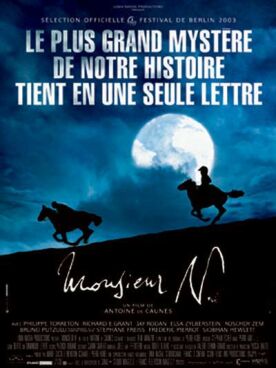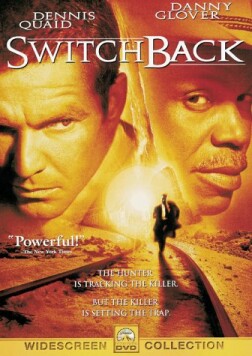Loser
I tried very hard to like Loser, the latest from Amy Heckerling of
Clueless fame. And, indeed, there is much to like about it. Its hero,
Paul Tannek (Jason Biggs) is a poor but likeable guy from a poor but likeable
rural family who goes to college in the big city (a thinly disguised New York
University) where he is rapidly branded a hick, a square and a loser, by his
rich, amoral, druggie roommates, Chris (Thomas Sadoski), Adam (Zak Orth) and
Noah (Jimmi Simpson). The trouble is, he’s much too likeable. There may be, for
all I know, three NYU students nearly as loathsome as Chris, Adam and Noah, but
what are the odds that they’d all be rooming together? At any rate, I feel sure
that there cannot be so many such slimeballs that a guy like Paul could not have
made other friends who would not have considered him a loser at all.
For the sad fact is that, all too often, the kids that other kids mock as
“losers” really are losers—at least temporarily so—in that
they are stupid, gauche, annoying and unattractive. Paul dresses funny and takes
a few pratfalls, but he is obviously none of these things. Nor is the prospect
of true love with Dora (Mena Suvari), an equally poor, equally likeable girl who
is having an affair with her professor (Greg Kinnear), nearly as surprising as
it ought to be if the film were to live up to its name. Moreover, in order to
uphold the fiction of their comradeship in outsiderdom, Ms Heckerling is forced
to sketch both characters in so lightly that they almost disappear.
Dan Aykroyd, for instance, appears in what amounts to a marvelous cameo as
Paul’s father, but he is quickly whisked off the stage, lest we should find yet
another reason to like Paul too much, too soon. Dora’s mother, most curiously,
is so concerned about her that when Dora tells her (falsely) that she is
sleeping over with a friend in a dormitory instead of catching the last train
home to the suburbs, she calls back immediately to ask about the security
arrangements at the dormitory. Yet we find that, when she is rushed to the
hospital to have her stomach pumped after taking a date-rape drug, Dora has not
even listed her as next of kin. Nor does mom even call to find out where she is
when she is forced to convalesce for several days at Paul’s place, or know or
care when Dora moves in with the professor.
These flaws finally spoil the movie, which is reduced to little more than its
message and a few good lines. Dora says of her favorite pop group, for example,
that “I love self-loathing complaint rock you can dance to.” But, though badly
conveyed, the message is a good one, namely that being poor and honest is better
than being rich and loutish. It’s a charmingly old-fashioned idea and one is of
course glad, in a general sort of way, that somebody is still making movies with
this as their theme. It is also interesting that the film includes, and brings
up again over the closing credits, that great anthem of the Great Depression,
“The Best Things in Life are Free.” Perhaps it is a lesson we are as much in
need of learning in the flush times of the post Cold War as we were in the lean
times of the Depression.
Discover more from James Bowman
Subscribe to get the latest posts to your email.






